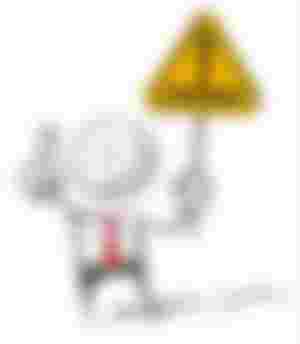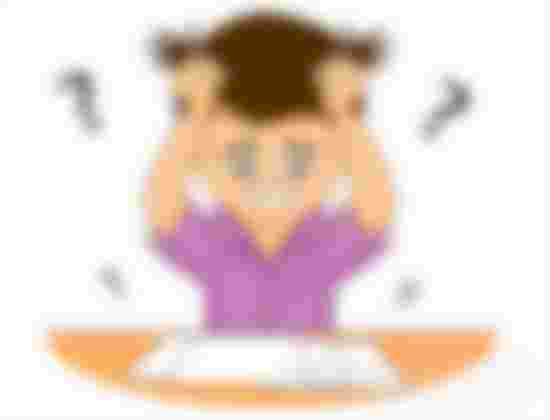The world of writing is vast, varied and often surprising. In this article we will look at the bad, the ugly and the good of pretentious writing.

Pretentious writing is one of those things that can be difficult to define. It's not something you can just look up in a dictionary and figure out what it means—it's something you have to feel in order to understand.
What is pretentious, then? Well, it's when a writer uses complex language or words they don't really know how to use correctly in order to sound more intelligent than they really are. It's when a writer tries too hard to impress their audience with their knowledge of a subject—even if it means using obscure vocabulary or convoluted sentence structure.
The Bad

The bad of pretentious writing is that it makes you sound like an idiot: if you use big words in inappropriate situations or use them incorrectly then people will think that you are stupid instead of being impressed by how smart you are!
It's also not just about using big words—it's about using them incorrectly. The word "pretentious" comes from Latin roots that mean "to try on." So when someone is being pretentious, they're trying on a new persona or identity in order to impress other people. When someone says something pretentious, it doesn't mean that they're actually intelligent—it just means that they're faking it!
Here's what happens when you don't know what you're doing: You lose your audience by coming off as arrogant and self-indulgent. Pretentiousness is most commonly used badly by people who are trying too hard or who are insecure about their own abilities and want to appear more sophisticated than they actually are. This kind of pretentiousness can be spotted from a mile away because it lacks subtlety; it's heavy-handed, showy and obvious. It's also harder to defend against because you can't just say "I wasn't trying to be pretentious." You were trying! And readers can tell that you weren't just trying—they know that something went wrong with the execution.
The Ugly

The ugly part about pretentious writing is that it can be difficult for other people to understand what you are trying to say: if a word has multiple meanings or there are multiple ways of saying something then people may get confused about what exactly it means because there's too much information for them to process at once!
It devalues the reader's time and effort by making them feel stupid for not getting what you're talking about right away (even though they'll probably just give up on reading through it). They might even start to wonder whether what YOU'RE saying is any good either!
It's a problem because it makes reading more difficult for your readers—and if they can't read your writing comfortably, they probably won't bother reading it at all. But it can also be a problem because pretentious language is annoying and off-putting. It makes readers feel like they need to prove themselves worthy of the text—and they may simply stop reading or start skimming instead.
The Good

Finally there's some good news: Pretentiousness can also be used in an interesting way—IF USED CORRECTLY, it can draw attention to itself so that readers notice how cleverly it's being used (and why they should care). The key is to use pretense as a tool, not as a crutch. For example, if you're writing about a topic that's new for you or unfamiliar to your readers, using pretentious language can make the text more engaging and exciting.
I’m talking about the kind of writing that makes you feel like you've just gotten a glimpse into a different world. It's filled with words like "elucidate" and "seminal," or phrases like "tautological" or "paradigmatic." These are words and phrases that are so uncommon they'll make people stop and look twice at whatever they're reading. And this isn't just for show—it's actually useful because it helps readers understand more about what they're reading by adding layers of meaning and complexity to whatever idea is being communicated.
In Conclusion
There is an extremely fine line between writing in a sophisticated way that makes your words pop off the page, and writing in such a way as to make your readers roll their eyes. As long as you remember to always be yourself, to use small bursts of complex terms if it really conveys what you're trying to say, and to always consider the audience you're writing for, you'll be sure better convey your message.
Copyright, 2022 frdchckn. All rights reserved




If you once read Charles Bukowski, every other writer seems pretentious by comparison LOL